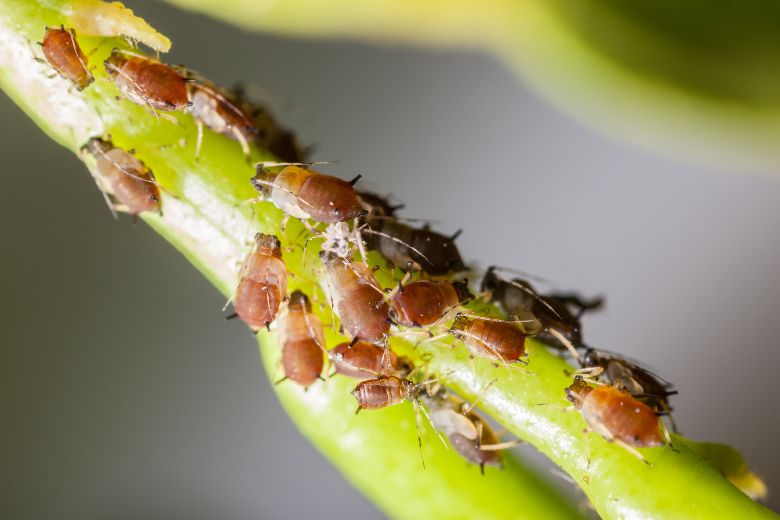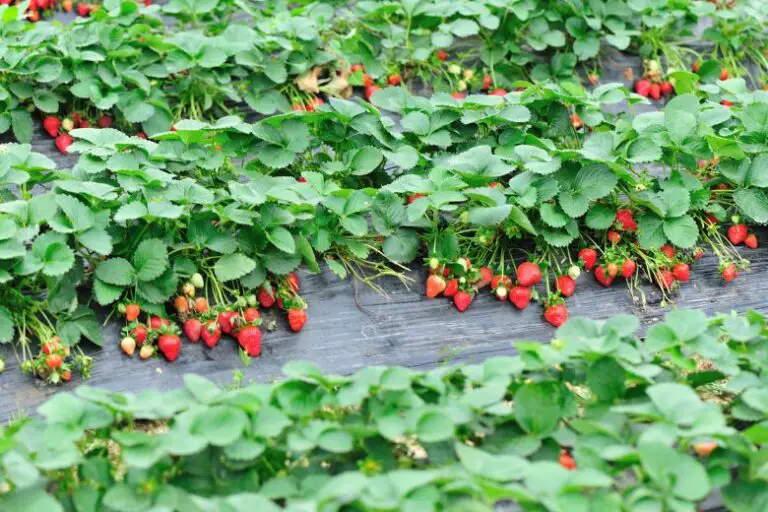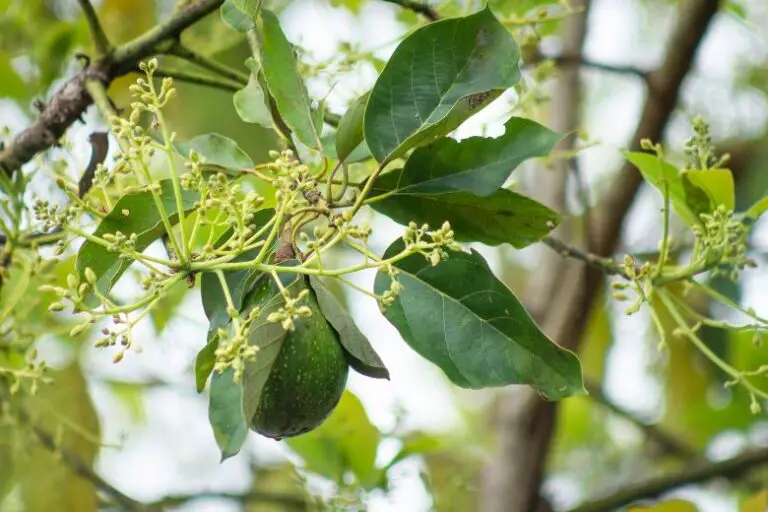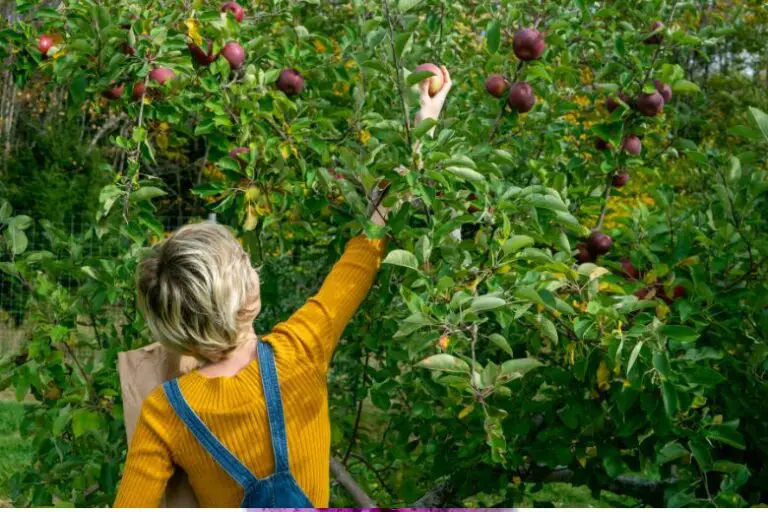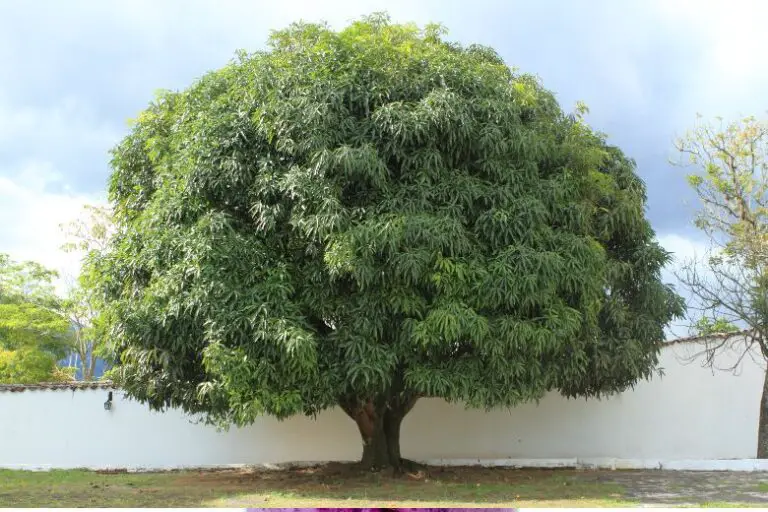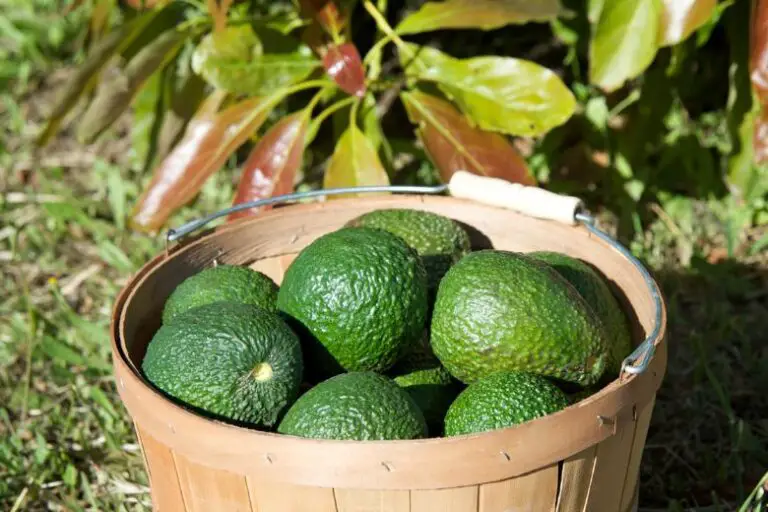What are Some Common Pests that Affect Corn Crops
Corn is a widely grown staple crop around the world, providing essential food and feed for both humans and animals. However, like all crops, corn is susceptible to various pests that can cause significant damage if left unchecked.
Understanding the Importance of Corn Crops
Corn is a crucial crop globally, with applications ranging from human consumption to animal feed and industrial purposes. As such, it plays a vital role in food security and the economy of many countries. However, corn crops face a range of challenges, including pest infestations that can cause substantial yield losses if not addressed promptly.
Identifying and Managing Corn Rootworms
One of the most notorious pests that affect corn crops is the corn rootworm. These insects feed on the corn’s roots, weakening the plant and making it more susceptible to lodging and diseases. To manage corn rootworms effectively, farmers can implement crop rotation, use insect-resistant corn varieties, or apply soil insecticides.
Dealing with Corn Earworms and Armyworms
Corn earworms and armyworms are caterpillars that feed on the corn’s reproductive structures, including the ears and tassels. Their feeding can lead to reduced yields and contamination of the corn with mold and mycotoxins. Integrated pest management (IPM) practices, such as monitoring and timely insecticide applications, are vital for controlling these pests.
Controlling Corn Aphids and Thrips
Aphids and thrips are tiny insects that can cause significant damage to corn crops by sucking the plant’s sap and transmitting viruses. Natural enemies like ladybugs and lacewings can help keep their populations in check. Additionally, using reflective mulches and introducing beneficial insects are effective methods for controlling aphids and thrips.
Preventing Damage from Corn Borers
Corn borers are moth larvae that tunnel into the corn stalks, leading to weakened stems and lodging. Bt corn, a genetically modified variety that produces a natural insecticide, has shown promise in controlling corn borers effectively.
Managing Corn Nematodes
Nematodes are microscopic worms that can infest corn roots, impairing nutrient uptake and causing stunted growth. Crop rotation, resistant corn hybrids, and soil fumigation are among the strategies used to manage nematode populations.
Combatting Corn Leaf Blights
Several types of fungi cause corn leaf blights, resulting in characteristic lesions on the leaves. Timely fungicide applications and planting disease-resistant corn varieties are essential to prevent significant yield losses.
Controlling Corn Smut
Corn smut is a fungal disease that affects the ears of corn, leading to unsightly and deformed galls. While it is safe to consume infected corn, it can reduce marketability. Crop rotation and prompt removal and destruction of infected plant parts are essential for smut management.
Preventing Damage from Corn Weevils
Corn weevils are beetles that lay eggs inside corn kernels, making them unfit for consumption and causing economic losses. Proper storage practices, such as drying and cooling corn after harvest, can help prevent weevil infestations.
Managing Corn Rust and Common Rust
Rust diseases, such as common rust and southern rust, can affect corn leaves, reducing photosynthesis and weakening the plants. Fungicide applications and planting resistant corn hybrids can effectively manage these diseases.
Dealing with Corn Mites
Corn mites are tiny arachnids that can cause stippling on corn leaves, affecting their ability to capture sunlight. Keeping the corn field free of weeds and avoiding drought stress can help reduce mite populations.
Preventing Damage from Corn Leafhoppers
Corn leafhoppers are tiny insects that feed on corn leaves, causing “hopper burn” and potentially reducing yields. Early planting and avoiding excess nitrogen fertilization can help minimize leafhopper damage.
Controlling Corn Flea Beetles
Corn flea beetles feed on corn seedlings, transmitting diseases and causing damage. The use of treated seeds and crop rotation can be effective in managing flea beetle populations.
Managing Corn Wireworms
Wireworms are the larvae of click beetles that can damage corn seeds and seedlings. Soil insecticides and crop rotation are practical strategies to control wireworm populations.
Conclusion
Corn crops are valuable resources that face numerous challenges from various pests. Implementing integrated pest management practices, using resistant corn varieties, and deploying timely interventions are essential to safeguarding corn crops and ensuring food security for the growing global population.

